The Power of Music
The Emotional Change
Music is a universal language that transcends barriers of culture, geography, and even time. Its ability to stir emotions and influence moods is unparalleled. But what is it about music that has such a profound impact on our feelings?

The Science Behind Music and Emotion
How Music Connects to the Brain
The moment we hear music, our brain is set into motion. Neural pathways, particularly in the auditory cortex, process the sounds. These signals then interact with areas of the brain responsible for emotion, such as the amygdala and the prefrontal cortex. The connection is almost instant, allowing music to evoke emotions ranging from joy to sorrow.
Additionally, dopamine—a chemical linked to pleasure and reward—is often released when we listen to music we love. This is why certain songs can make us feel euphoric.
Rhythm and the Body
Music doesn’t just affect our brain—it also influences our body. The tempo and rhythm of a song can synchronize with our heartbeat, causing it to speed up or slow down. A fast-paced tune might energize us, while a slow, melodic piece can soothe and calm.

The Role of Mood in Musical Experience
Setting the Tone for the Day
For instance, an upbeat song in the morning can create a sense of motivation and optimism, while calming music before bed can ease us into relaxation. This is because music acts as an external cue that influences our internal state.
Memories and Associations
Music is also a powerful trigger for memories. A specific song can transport us back to a moment in time, bringing with it the emotions we felt then. This is why certain tunes resonate deeply with us and can change how we feel almost immediately.
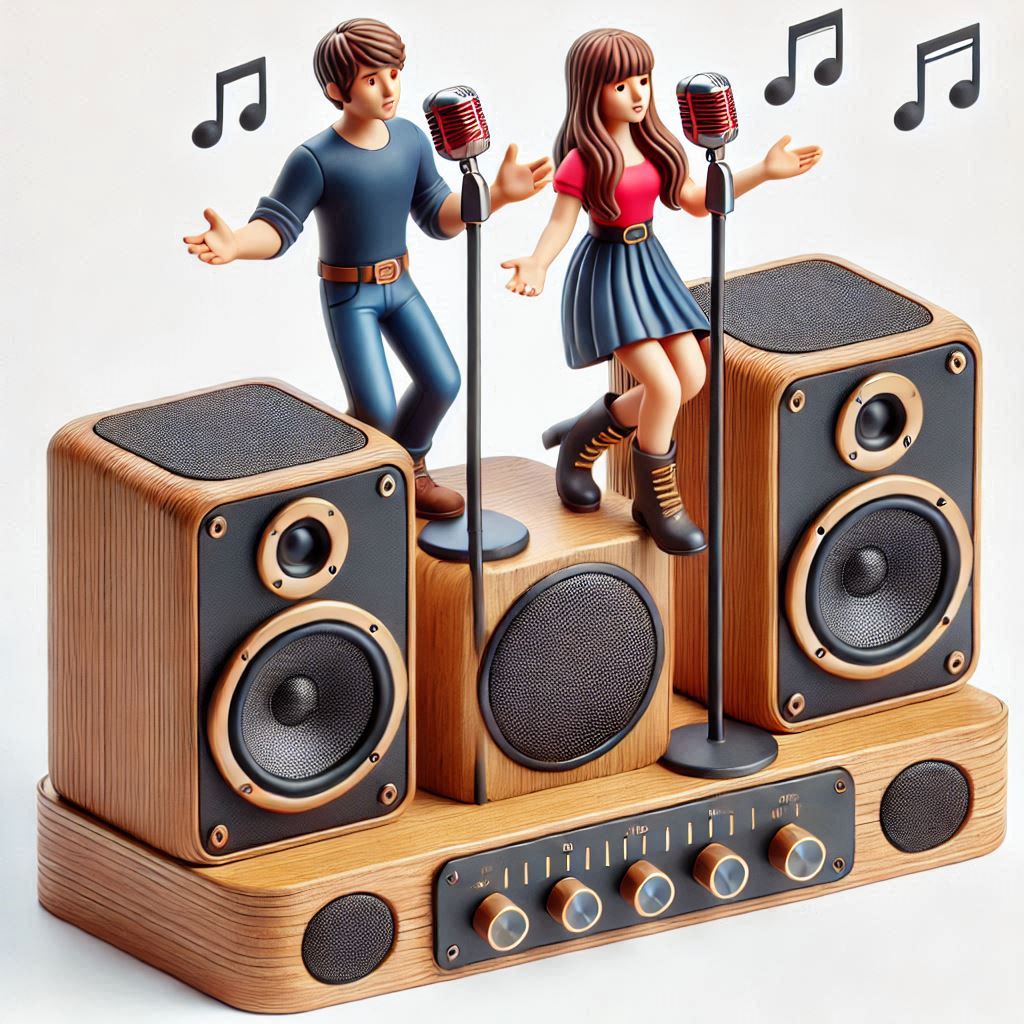
Why Do Feelings Shift With Music?
Empathy Through Sound
Music has a storytelling quality, even without words. A sad melody or a triumphant chord progression can mimic the emotional highs and lows of life. We naturally empathize with these sounds, aligning our emotions with the narrative the music conveys.
Personal Interpretation
Interestingly, the way we react to music is highly personal. The same song might evoke joy in one person and nostalgia in another, depending on their experiences and associations. This individuality adds to the dynamic way music influences our feelings.
Conclusion
The Expressive Motion That Dances of Music and Emotion
Whether it’s a symphony, a pop hit, or a simple lullaby, music holds the power to transform our emotions and elevate our moods. It’s a testament to its timeless influence that, in every corner of the world, people turn to music for solace, joy, and connection even dance. So, the next time you feel your emotions shift while listening to a song, know that it’s not just magic—it’s a beautiful interplay of science, art, and the human spirit.
Join the Discussion
Music has a way of connecting us all on a deeply personal level. Have you ever experienced a moment when a song completely changed your mood or brought back a vivid memory? What type of music gets to you the most, and why?





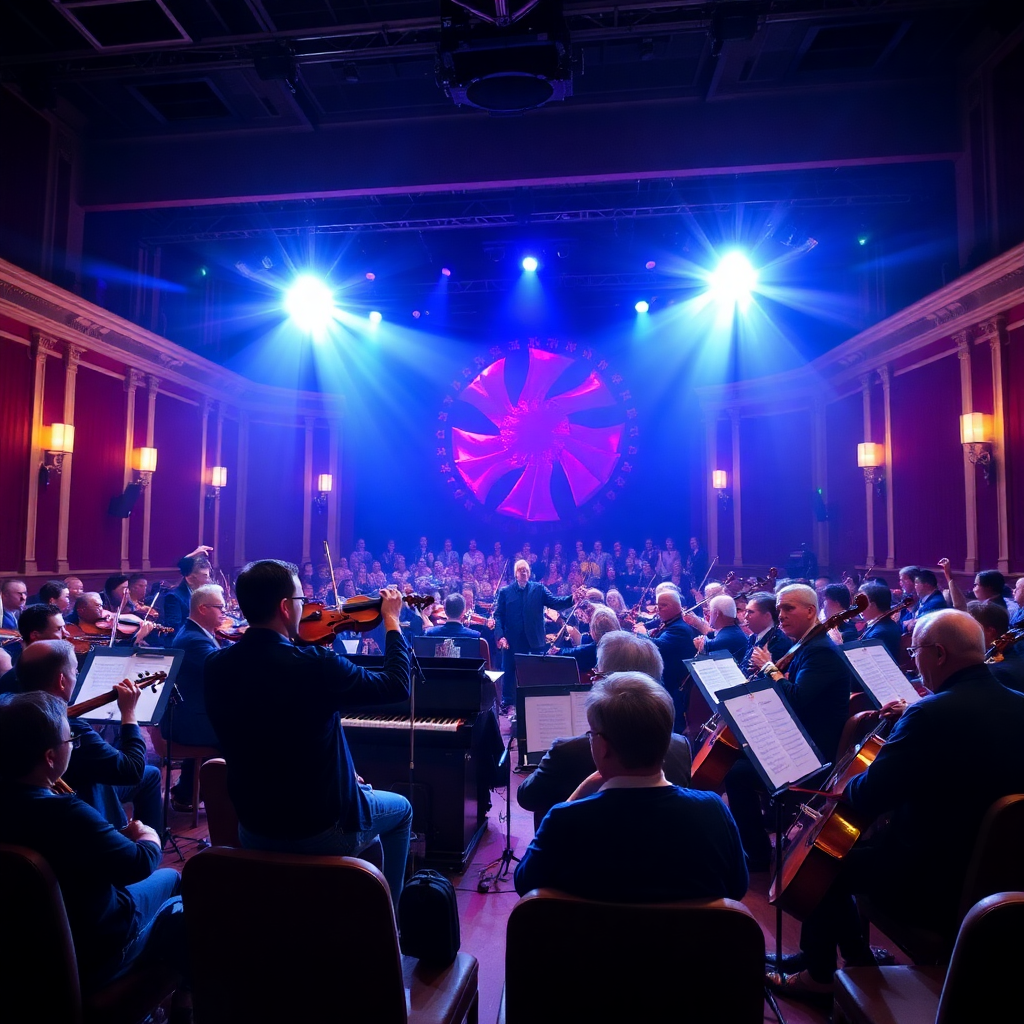

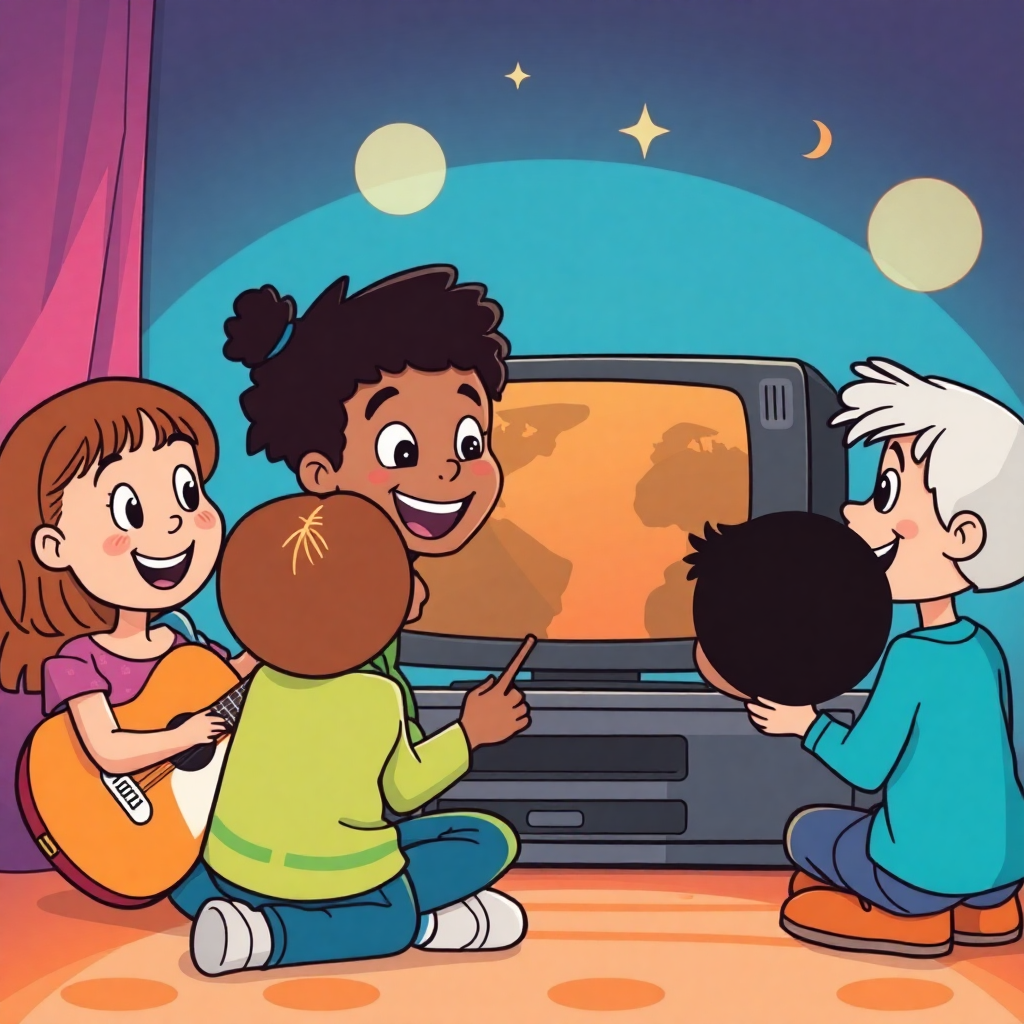






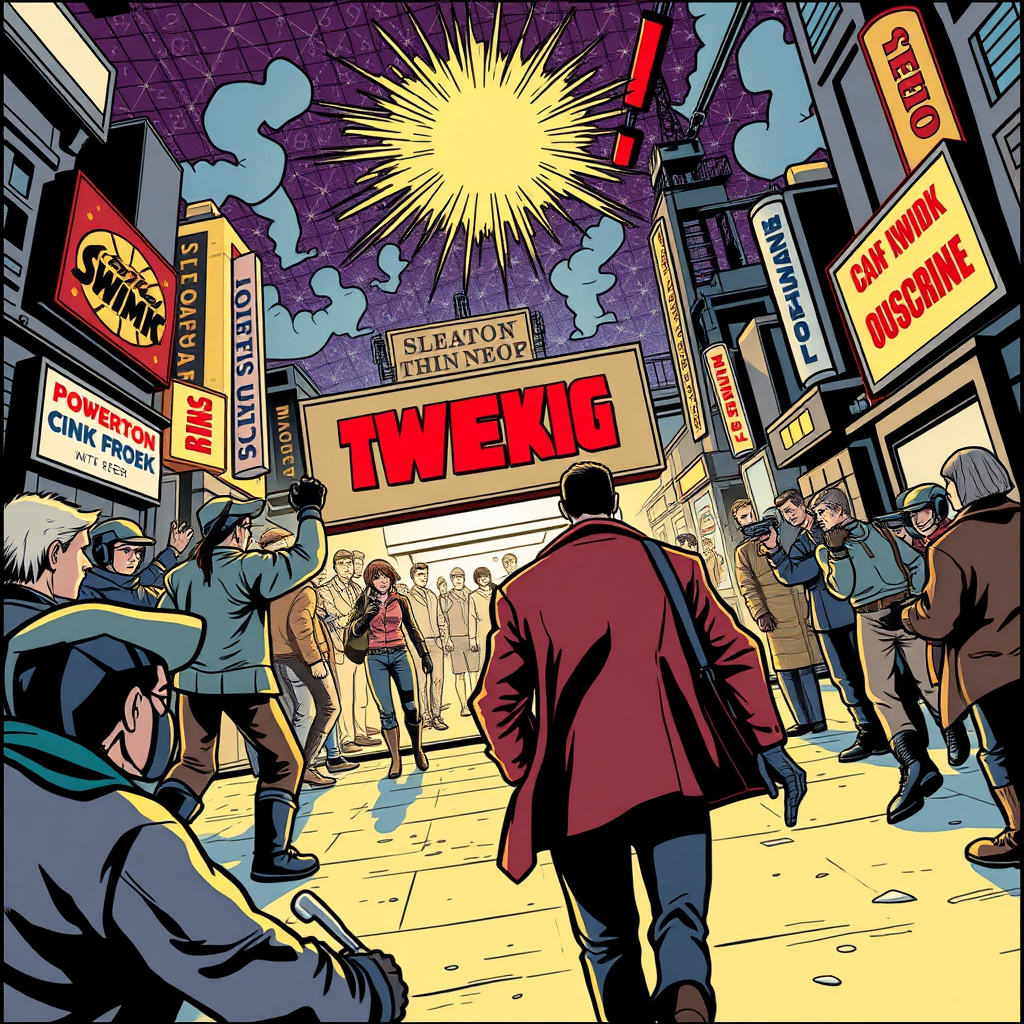
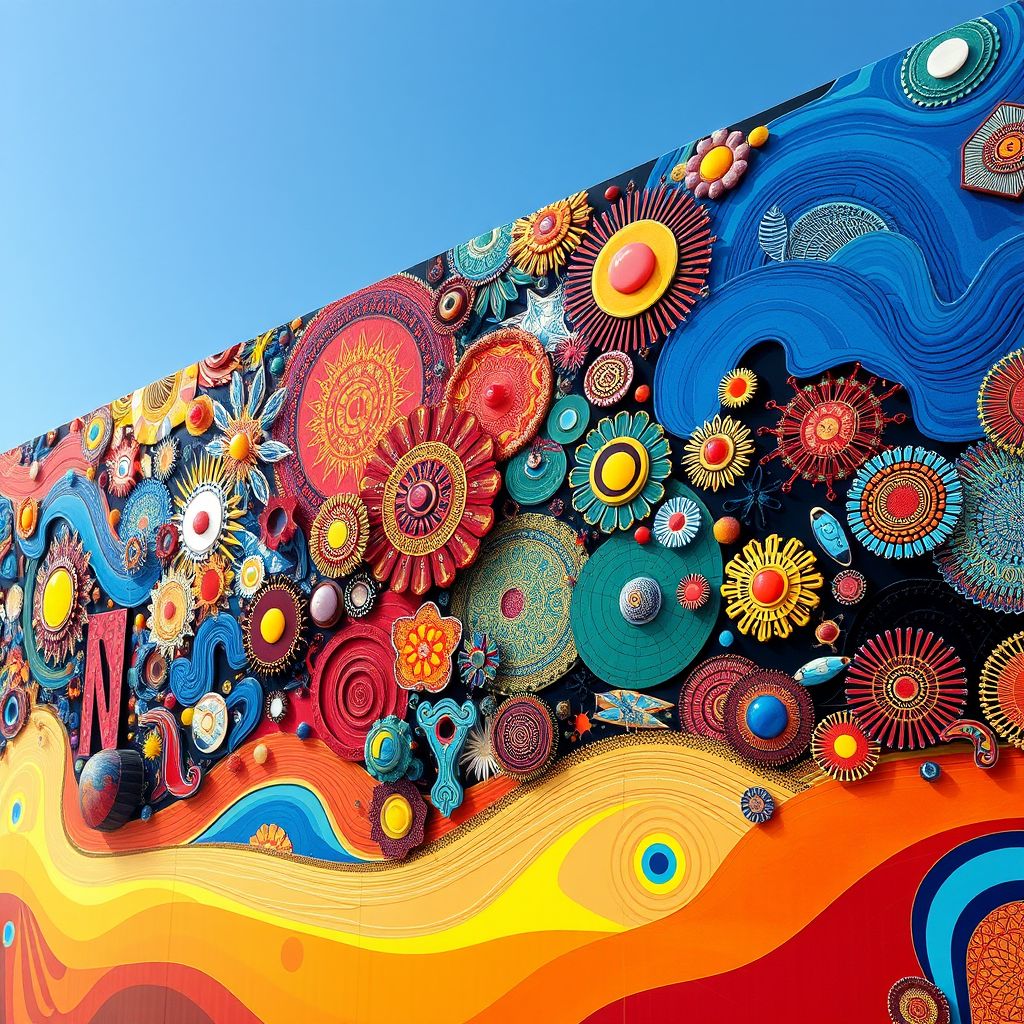
Discover the Wonders of Sydney's New Middle Head Walk
[…] than just a trail—it’s a celebration of the city’s incredible landscapes, rich history, and thoughtful preservation efforts. The seamless blend of natural beauty and cultural significance makes this a destination you’ll […]